With his Merseyside-based L7 Village Market, Steve Jagota is taking on the multiples. And his ‘old-fashioned’ approach seems to be paying dividends
Steve Jagota likes a gamble. And the Merseyside cash & carry operator has just taken the biggest of his life - opening his own supermarket.
Wholesalers may be struggling to compete with ever-deeper supermarket promotions and the mults may be encroaching ever further into ethnic supermarket territory, but since its August opening, L7 Village Market - so named after the postcode of the area of Liverpool it’s in - has gone from strength to strength. Indeed, things are going so well that Jagota hopes to open more stores. But can a small cash & carry operator really beat the mults at their own game?
Keeping it in the family
The store represents a return to the roots of the family business Jagota runs with brothers Paul and Rav. “By moving back into retail we have come full circle,” he says. “We went from one shop owned by my dad, Harry, to seven shops, then a warehouse, then a cash & carry and a depot. Now we have a retail arm as well.”
Even so, he is the first to admit that the strategy - which saw New Delhi Cash & Carry fork out a “six-figure sum” on renovating a 10,000 sq ft former Aldi - is not without risk. “It’s about taking a gamble, employing the right people and moving forward,” he says as he walks the aisles of the store, which features a butchery, bakery and coffee shop and is stocked with more than 4,000 international lines, including Iranian, Yemenese, Syrian, Jordanese and Palestinian products.
It’s also about having a genuine point of difference, which he tries to achieve by concentrating on two key areas - range and service. “When you go to a huge supermarket, you get maybe 70% of the range we offer,” he says. “You won’t get things like galangal or lime leaves, which certain recipes demand.”
L7 does not just look to satisfy the needs of the local ethnic community, he adds. “We want people from all cultures to come here so our range reflects that. People are becoming more adventurous in their travel and they are going further and further afield. Turkey is becoming very popular at the moment. They are coming here to experience those tastes again.”
Not that they can’t also get British staples at L7. “We also sell the top 100-selling English lines like Heinz Tomato Soup,” notes Jagota.
But if it’s the range that’s attracting shoppers through L7’s doors, it’s the customer service that keeps them coming back for more. “At Tesco it’s an impersonal experience. It’s all bleep-bleep, £100 please,” he says. “If a customer comes to me and wants some tahini sauce and for some reason we’re out-of-stock, then I will get the ingredients and a bowl and show them how to make a tahini sauce. You won’t get that at Tesco.”
He is not unduly concerned about Tesco’s loyalty scheme or lowest price claims, which he has a simple tactic for countering - good old-fashioned community shopkeeping. “A basket might come to £10.70 but we’ll often round it down to £10,” he says. “Customers are chuffed to bits then, and we want to keep our regulars happy - return business is so important. We think long-term and it’s our version of a loyalty card. We give our staff the ability to say ‘Don’t worry, I’ll look after you.’ The payback is immense.”
The mults are more expensive
In any case, the multiples are not as cheap as people think, he claims. “Big supermarkets are fleecing shoppers on everyday items. They are profiteering,” he says, not pulling any punches. “How does a loaf of bread cost £1.60? Our loaves are huge and cost 60p. People ask how can we cook it, bake it and sell it for 60p. But the costings are minimal. There is still profit to be made.”
And the returns are growing. Average spend currently stands at £20 per customer, but with more shoppers trading up to items such as Mediterranean flatbreads or cuts of meat from the store’s butchery counter, that figure is rising. And Jagota has high hopes for the future. “There will be more stores, although we will have to tweak the name to suit the postcode,” he says. “We would like to open two or three in the next year, but outside this area - perhaps even down south.”
That would indeed be a gamble, but it’s one that could well pay off.








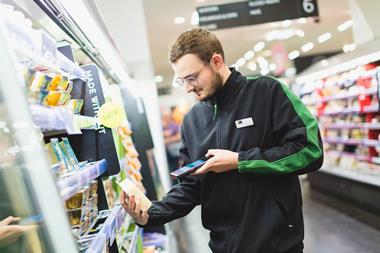
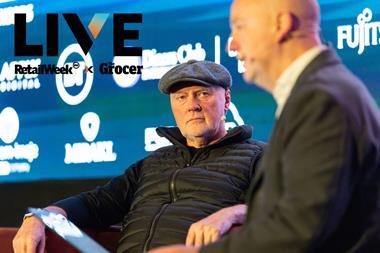
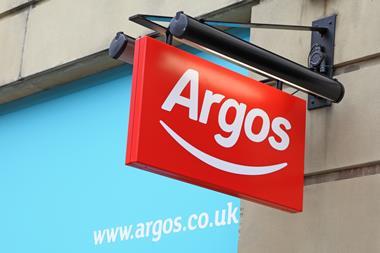
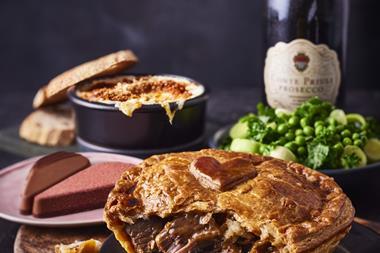


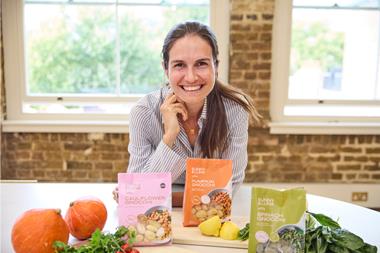
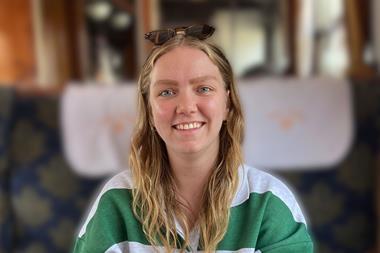
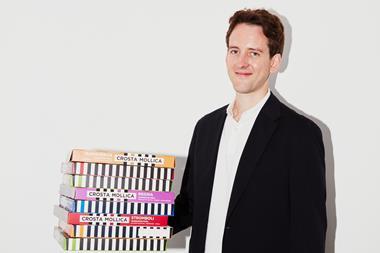

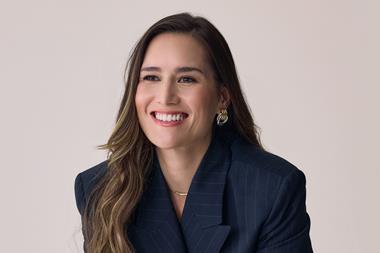
No comments yet